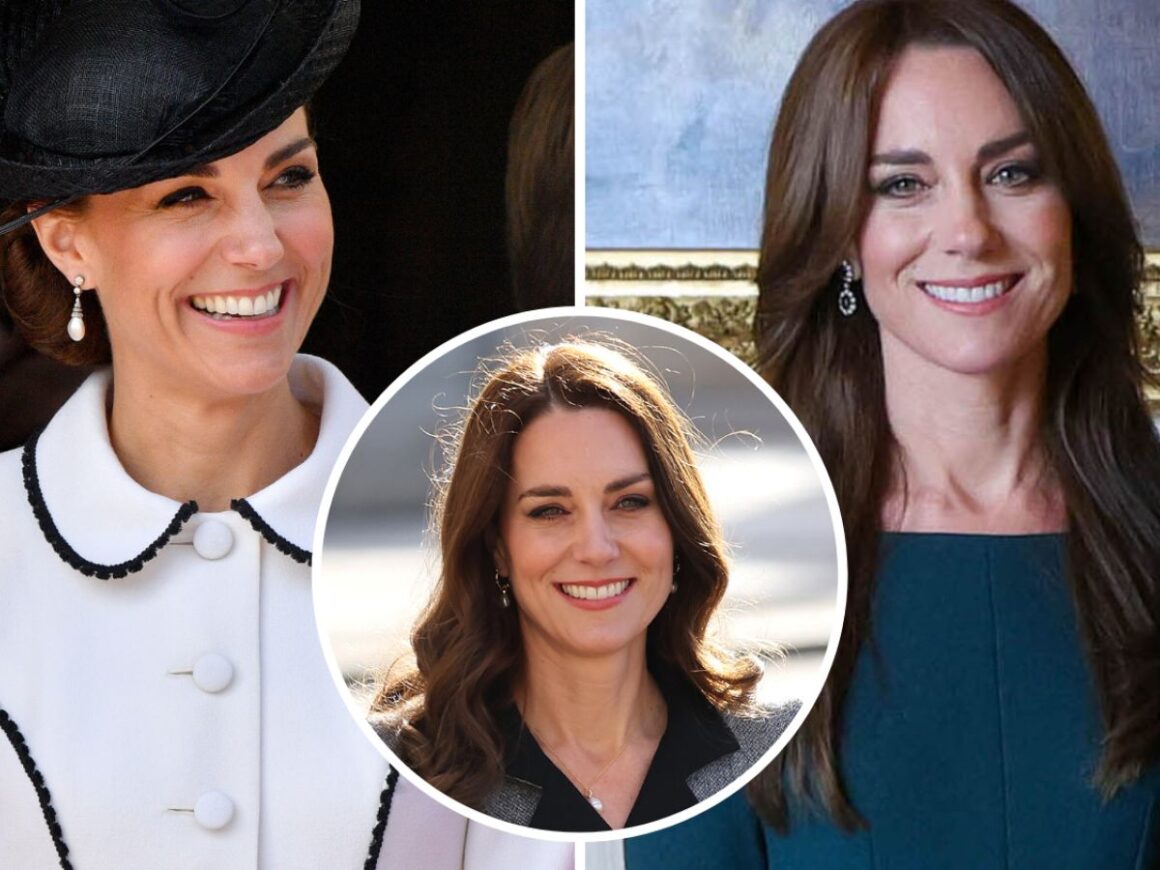London: On Friday, a disheartening disclosure was made by our beloved Kate Middleton, the Duchess of Cambridge, sharing that she has been diagnosed with cancer. This revelation sent the royal household and the masses into shock. Breaking her story via a social media video, brave Kate not just admitted the unfortunate diagnosis but also shared that she has commenced her chemotherapy treatment. The hard-hitting news spurred a wave of empathy towards the Duchess while also throwing a spotlight on the prevalence of cancer and the urgency of its early diagnosis.
Kate Middleton Suffering From Cancer, Shares Heartwarming Video
In a video message released by Kensington Palace, the Princess of Wales thanked the public for their messages of support during her recovery from surgery, sharing that while doctors thought her condition, which required her to get abdominal surgery, was non-cancerous, “tests after the operation found cancer had been present.” Kate said she is still in the early stages of treatment.
In the video, Kate said that she stayed silent on the matter in part to have an opportunity to privately explain her diagnosis to her three children. “It has taken time for me to recover from major surgery in order to start my treatment,” she said. “But most importantly it has taken us time to explain everything to George, Charlotte, and Louis in a way that is appropriate for them and to reassure them that I am going to be okay.”
Kensington Palace announced on Jan. 17 that the Princess underwent a “planned abdominal surgery” and would likely not participate in any public engagements until after Easter, on March 31. Kate was last seen publicly on Christmas Day, as she attended church services with her family.
The revelation by the princess has opened door to the importance of cancer in women, and the common risk factors that triggers the condition. Scroll down to know what causes the onset of cancer in women after crossing 40.
Cancer and Chemotherapy: Understanding The Painful Journey of The Patient
The Duchess’s decision to openly share her battle against cancer, particularly her induction into chemotherapy, echoes the tough journey faced by those grappling with this disease. Chemotherapy, though a common recourse for dealing with cancer, aims at total decimation of the malignant cells and halting their multiplication. Despite the harsh side effects that follow, chemotherapy is often a necessary step in the fight against cancer.
Identified Cancer Risks for Women in Their 40s
Cancer is a multifaceted disease, with several components contributing to its formation. For women in their 40s, the risk reinforces through several factors like genetic susceptibility, lifestyle choices, environmental impacts, and hormonal changes. Gaining insight into these risk factors can help in cancer prevention and early diagnosis.
Genetic Susceptibility: One of the main contributors to cancer in women in their 40s is genetic susceptibility. Certain gene mutations, such as BRCA1 and BRCA2, escalate the risk for breast and ovarian cancer considerably.
Environmental Factors: Exposure to specific environmental elements can also escalate cancer risk. Harmful substances in the environment can increase a woman’s chances of suffering cancer.
Kate’s Appeal To The Well Wishers
In her video message released Friday, Kate made an appeal for continued privacy. “We hope that you’ll understand that as a family we now need some time, space, and privacy while I complete my treatment,” she said. “My work has always brought me a deep sense of joy, and I look forward to being back when I am able. But for now, I must focus on making a full recovery.”
Follow this site for all the latest health news and developments.

